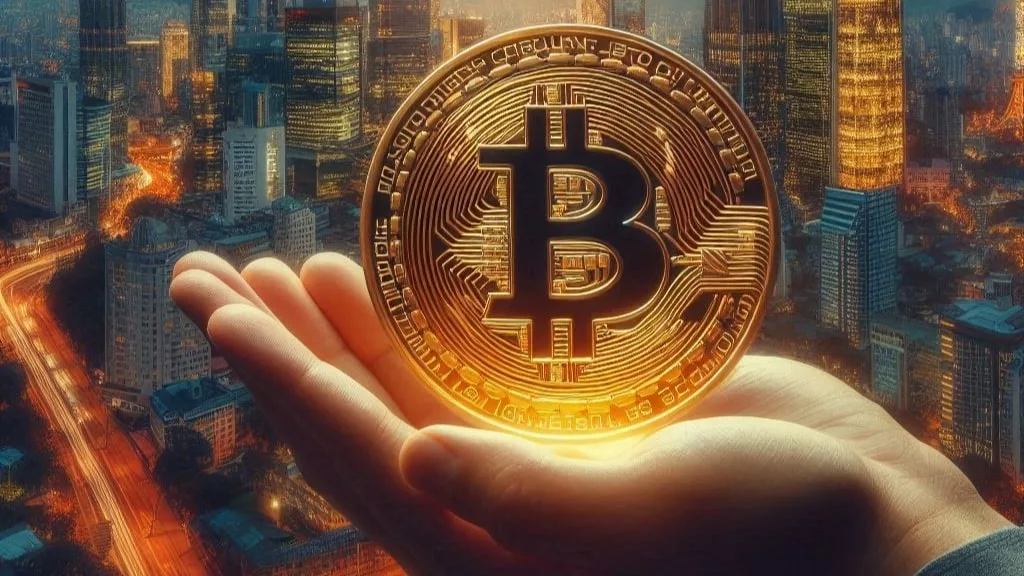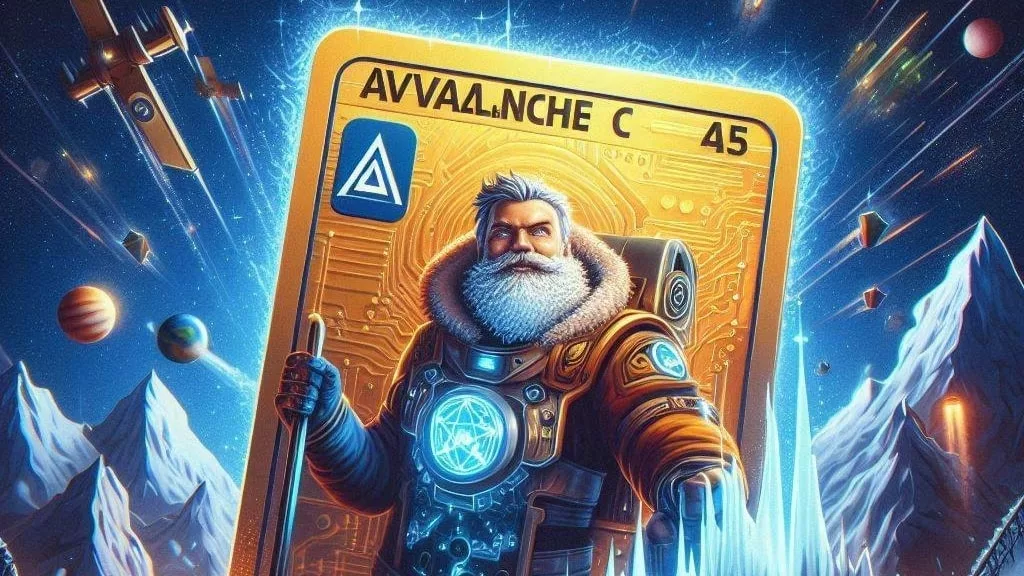
James Howells, the British IT professional who accidentally discarded a hard drive containing 8,000 Bitcoin, has faced yet another setback in his decade-long legal battle to recover the lost cryptocurrency. A recent UK court dismissed his latest appeal to search the Docksway landfill in Newport, Wales, where the hard drive is believed to be buried. Now, with his options growing slim, Howells is looking at one last potential legal route to regain his fortune, currently valued at approximately $672 million.
The story of Howells’ lost Bitcoin dates back to 2013, when Bitcoin was still a relatively obscure cryptocurrency trading at around $100 per coin. At the time, Howells unknowingly discarded a laptop hard drive containing the private keys to his Bitcoin holdings. The drive, which held a then-modest $800,000 worth of Bitcoin, ended up in a local landfill.
As the years passed, Bitcoin’s value surged, reaching over $83,000 per coin by March 2025. The 8,000 Bitcoin on Howells’ discarded hard drive now represent a fortune in the hundreds of millions, fueling his desire to recover the drive and reclaim his lost wealth.
Since realizing the mistake, Howells has relentlessly fought for permission from the Newport City Council to excavate the landfill in hopes of retrieving the hard drive. Over the years, he has repeatedly made requests, offering to fund the excavation himself and even suggesting that he would share a portion of the recovered Bitcoin with the council and local community.
However, each request has been denied, with the council citing environmental concerns and legal constraints. They argue that any item discarded in a landfill legally becomes the property of the council, making it impossible for Howells to search for his lost Bitcoin without their permission.
In December 2024, Howells took the matter to court, filing a lawsuit against the council for £495 million in damages, claiming that his right to search for his lost fortune was being unlawfully denied. However, in January 2025, Judge Keyser KC ruled against Howells, stating that his case had “no realistic prospect of succeeding.” The court sided with the council, reinforcing its stance that the landfill’s contents are under the council’s control and cannot be excavated.
Despite the court ruling, Howells remains determined to recover his Bitcoin. He has declared his intention to take his case to the European Court of Human Rights, arguing that the council’s refusal to allow the search violates his property rights. This appeal could be Howells’ final chance at securing the legal right to excavate the landfill.
The situation has become more urgent as the Newport City Council has revealed plans to close the landfill by 2026 to develop a solar farm on the site. With the clock ticking, Howells has suggested that if legal routes fail, he may attempt to buy the landfill in order to gain control over the site and search for his hard drive independently.
However, questions remain about whether the hard drive is even recoverable after more than a decade of exposure to the elements and whether Howells would be able to afford purchasing the land, should the council consider such a sale.
James Howells’ battle to recover his 8,000 Bitcoin has captivated the public’s imagination for over ten years, with many rooting for his success in reclaiming his lost fortune. Despite multiple legal rejections, Howells’ determination to pursue his case shows no sign of waning. Whether or not he can ultimately recover his Bitcoin remains uncertain, but with one last potential legal option available, he continues to fight for the chance to retrieve his $672 million fortune.




Get the latest Crypto & Blockchain News in your inbox.